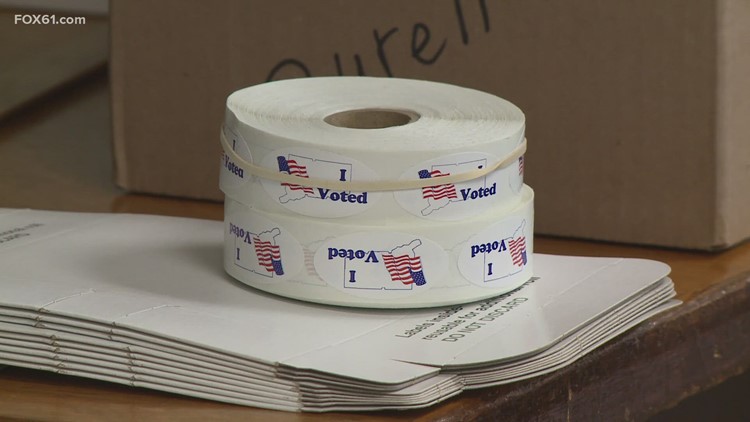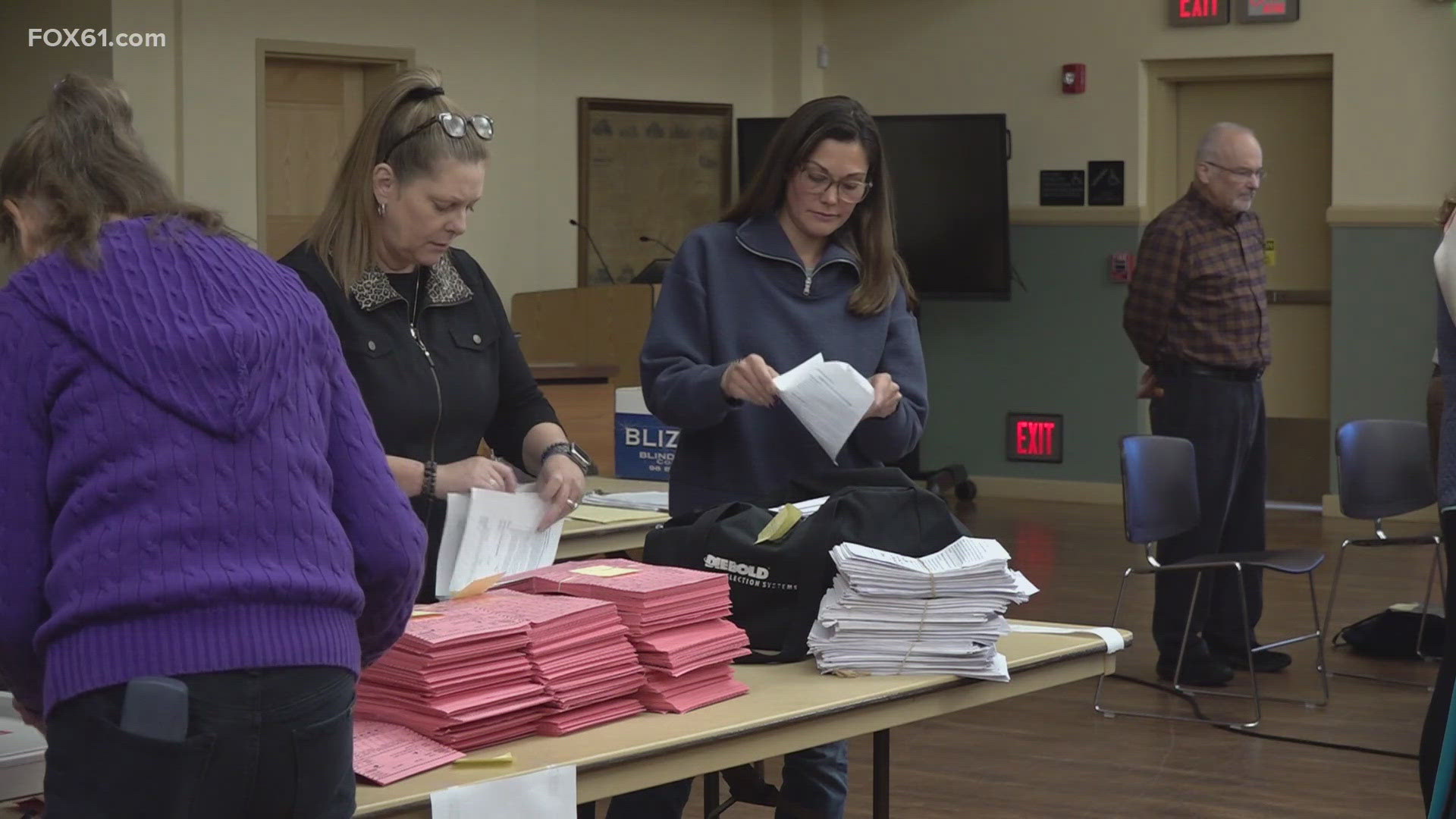CONNECTICUT, USA — It's time for another primary in Connecticut, but once again, a certain number of voters aren't allowed to participate.
Independents or unaffiliated voters aren't allowed to vote in the Connecticut primaries. This is not a federal restriction but one the state's parties decided on years ago. State by state, primaries are different: Closed primaries, open primaries, or, in the case of Connecticut, semi-open primaries.
In essence, Independents could participate, but only if Republicans and Democrats say they can.
So what's the deal?
In 1955, a state statute allowed only enrolled party members to vote in a primary. This was the case for about 30 years until the state Republican party adopted a rule in 1984. This rule allowed unaffiliated voters to vote in primary elections for federal and statewide offices.
According to a Hartford Courant article on Sep. 8, 1991, the rule change was attributed to efforts by then-U.S. Sen. Lowell P. Weicker Jr. to help broaden his support in a potential challenge to his 1988 bid for renomination.
But, this rule conflicted with the state's then-closed primary election law.
State Republicans filed a lawsuit in federal district court on May 10, 1984, to stop the enforcement of the closed primary law. Judge Jose A. Cabranes ruled that the Republican's decision to allow unaffiliated voters to participate in its primaries is constitutionally protected under the First and Fourteenth Amendments. The court also ruled that the state's interest in regulating primary elections was not constitutionally sound.
The state appealed the decision to the Second Circuit Court of Appeals. The state argued it had a "legitimate and compelling interest in regulating primary elections". It maintained that permitting Independents to vote in primaries would "hamper the orderly administration of elections." They argued that it could lead to one party "raiding" another's primary and create voter confusion, undermining the two-party system. Another part of the argument was that the state's legislature is authorized to regulate the manner of election members of Congress, not political parties.
But, the appeals court upheld the lower court's ruling unanimously.
Connecticut didn't stop there. The case was then appealed to the U.S. Supreme Court, which ruled on Dec. 10, 1986. You can read the court text here.
In a 5-4 decision, written by Justice Thurgood Marshall, the Supreme Court also affirmed the lower court's ruling in favor of the Connecticut Republican Party.
In the ruling, the justices said that the First and Fourteenth Amendments' protections extend "freedom of association rights" to partisan political organizations, that Connecticut law imposed "unconstitutional limits," and that the state's justifications for the closed primary statute were "insubstantial."
While the court case was on appeal, the state tried to pass legislation that would open up the primary process to unaffiliated voters, but it was vetoed by then-Gov. Bill O'Neil and the General Assembly then sustained his veto.
Following the Supreme Court ruling, however, the closed primary law couldn't be enforced, and a closed primary could now subject the state to charges of contempt, or, at the very least, primary results would have been in doubt. Finally, in 1987, the legislature amended the election law by passing an Act Concerning the Participation of Unaffiliated Voters in Primary Elections.
This act, effective June 1987, opened primaries to unaffiliated voters—but only if a major party's rules authorized it.
The legislation essentially made the major political parties the deciding factor on whether Independents get to cast a ballot during the primaries.
Despite the court ruling, Independents still can't vote in at least Republican primaries because the party changed their open-primary rules on Sep. 7, 1991, during a convention. There were only two Republican primaries held during this timeframe: A primary for the 4th congressional district in 1987 and then a primary for the 3rd congressional district in 1990.
Since then, Democrats and Republicans have not opened that ballot box back up to Independents, including for this upcoming presidential preference primary on April 2.
---
Jennifer Glatz is a digital content producer at FOX61 News. She can be reached at jglatz@fox61.com.
Have a story idea or something on your mind you want to share? We want to hear from you! Email us at newstips@fox61.com
HERE ARE MORE WAYS TO GET FOX61 NEWS
Download the FOX61 News APP
iTunes: Click here to download
Google Play: Click here to download
Stream Live on ROKU: Add the channel from the ROKU store or by searching FOX61.
Steam Live on FIRE TV: Search ‘FOX61’ and click ‘Get’ to download.



